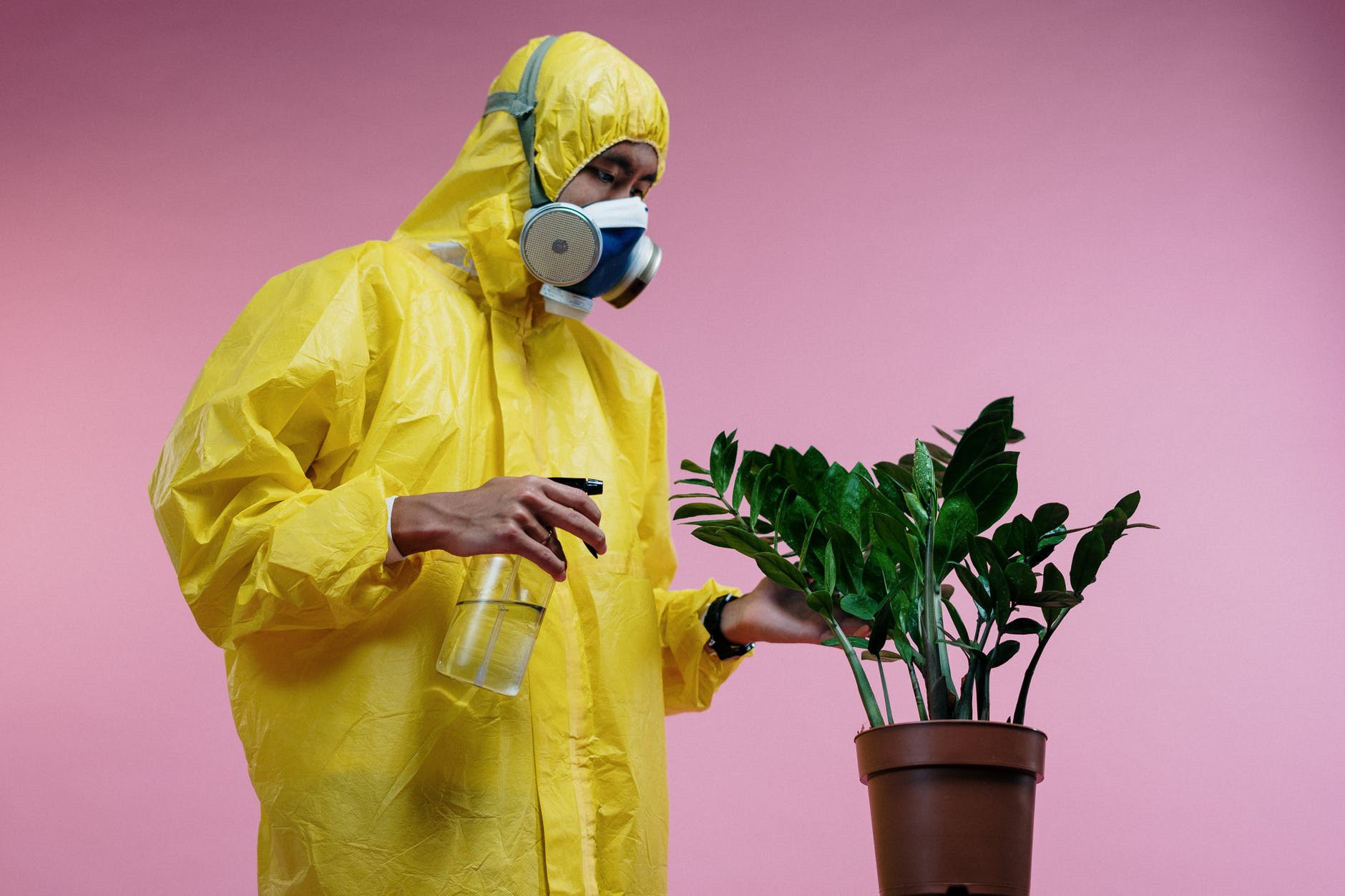
South Korea has released coronavirus prevention guidelines on Friday. The country prepares for a two-year return to a post-coronavirus normality.
Among the measures include flexible working, public transport bookings, and quick restaurant meals. The country serves as a role model in curbing the spread of COVID-19.
The Korea Centers for Disease Control and Prevention (KCDC) reported six new cases. This has been the lowest number since the February 28 peak of 909 in the country. South Korea suffered the first major coronavirus epidemic worldwide.
South Korea has no records of new deaths to date. The statistics remained at 240. Officials hope daily new cases will fall to zero after plunging below 10 on Sunday. Total recorded infections remain at 10,708 in the country of almost 52 million people.
Meanwhile, widespread testing, intensive contact tracing, and tracking apps allowed South Korea to tame the spread of the virus. The country implemented social distancing rather than lengthy lockdowns.
Remain vigilant
Seoul decided to extend its social distancing policy until May 5. Authorities eased restrictions on churches and sport facilities. However, they encouraged people to remain vigilant as imported cases and smaller clusters continued to emerge.
“Some experts predict COVID-19 will stay for as long as two years, and we have to accept the reality that we can’t go back to pre-COVID-19 life during that time,” said Vice Health Minister Kim Gang-lip during a briefing.
“The government is preparing a transition to a sustainable routine distancing scheme with the goal of carrying out regular social and economic activity and preventing COVID-19 infections at the same time,” he added.
The guidelines contain a code of conduct in several areas. These are workplaces, restaurants, shopping, transportation and sporting fixtures. There are also general rules like washing hands, regular temperature checks, maintaining distance, and disinfection.
Anyone who went abroad within the past two weeks must not go to work for some time. Moreover, workplaces should use video conferences, remote work, flexible hours, and online training.
People who are using public transport must wear a mask. They should also try booking a seat in empty rows. Meanwhile, those who ride in taxis can use mobile payments.
Protocols for businesses
The guidelines tell people to have a quick stay at restaurants and cafes. They should also use individual plates to share food.
The owners of the businesses should keep the seats apart, divided by partitions if possible.
Businesses can advertise takeout and delivery services as well as online payment. Private academies and religious facilities can also provide hand sanitizers but no food.
Customers in shopping malls should not test samples and wait at least one metre behind others at checkouts. Shop owners should not solicit for business and hold first-come-first-served events.
Meanwhile, South Korea’s stock market bounced back. Bond inflows lead Asia, as investors put their confidence in Seoul’s management of the crisis.
Officials believe the strategy will only work if people will cooperate.
“The biggest sign of danger in our society is becoming careless that the risks of infections are gone,” KCDC director Jeong Eun-kyeong said at a separate briefing.






